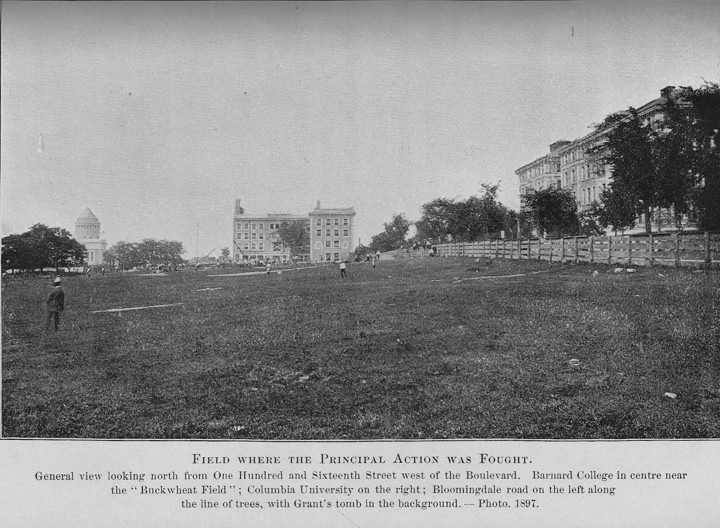“You have a republic, if you can keep it.”—reliably attributed to Benjamin Franklin, at the close of the Constitutional Convention of 1787.
With that as our text in mind for this parlous and yet inspiring Independence Day celebration, two threads tying our present audience to events 240+ years ago.
I.
Little known is that Adam Smith himself supported the American colonists’ freedom. Upon conditions.
First, he thought that the spirit of the American colonists boded reasonably well for their economic self-sufficiency as an independent nation.
Plenty of good land, and liberty to manage their own affairs their own way, seem to be the two great causes of the prosperity of all new colonies. In the plenty of good land the English colonies of North America, though, no doubt, very abundantly provided, are, however, inferior to those of the Spaniards and Portuguese, and not superior to some of those possessed by the French before the late war. But the political institutions of the English colonies have been more favourable to the improvement and cultivation of this land, than those of any of the other three nations.—Wealth of Nations (Book IV, Chapter VII, Part III)
On the other hand, the colonists had contributed nothing to Britain’s expenses in defending them in the French and Indian wars, and this was an injustice which would be insupportable if the colonies were to set themselves up as an independent entity with representatives in Parliament (a widely discussed possible compromise at the time). The colonists, in other words, would in fairness be subject to taxation if granted representation.
But he doubted submission to the Crown would be acceptable to the Americans:
Unless this or some other method is fallen upon, and there seems to be none more obvious than this, of preserving the importance and of gratifying the ambition of the leading men in America, it is not very probable that they will ever voluntarily submit to us; and we ought to consider, that the blood which must be shed in forcing them to do so, is, every drop of it, the blood either of those who are, or of those whom we wish to have for our fellow citizens. They are very weak who flatter themselves that, in the state to which things have come, our colonies will be easily conquered by force alone. The persons who now govern the resolutions of what they call their continental congress, feel in themselves at this moment a degree of importance which, perhaps, the greatest subjects in Europe scarce feel. From shopkeepers, trades men, and attorneys, they are become statesmen and legislators, and are employed in contriving a new form of government for an extensive empire, which, they flatter themselves, will become, and which, indeed, seems very likely to become, one of the greatest and most formidable that ever was in the world.—Id.
And so, as a practical-minded sort, he ultimately advocated a free grant of independence.
By thus parting good friends, the natural affection of the colonies to the mother country, which, perhaps, our late dissensions have well nigh extinguished, would quickly revive. It might dispose them not only to respect, for whole centuries together, that treaty of commerce which they had concluded with us at parting, but to favour us in war as well as in trade, and instead of turbulent and factious subjects, to become our most faithful, affectionate, and generous allies.—Id.
Not bad for a 240-year-old prediction.
II.
In September 1776 General George Washington arrived at Harlem Heights in Manhattan; the British controlled the southern portion of the island, having landed at Kip’s Bay, and were proceeding north.
Although the “Battle of Harlem Heights,” which Washington entered into by sending his Continental Army to intercept the British around current-day Broadway and 106th Street, and the heaviest fighting was at 120th Street and Riverside Drive, was not consequential in the larger scheme of the Revolutionary War (the Americans won the battle but called off the pursuit because they would be vastly outnumbered if they reached the main ranks of the British), it was a great morale boost to the fledging Continentals.
The battle’s site is a very short walk from our headquarters.



